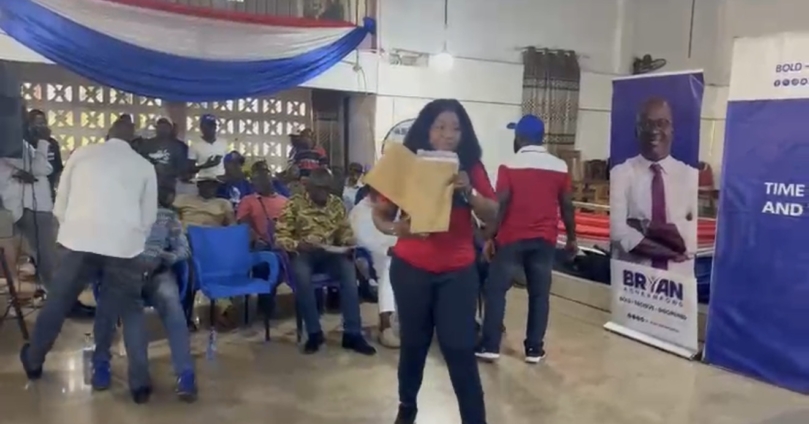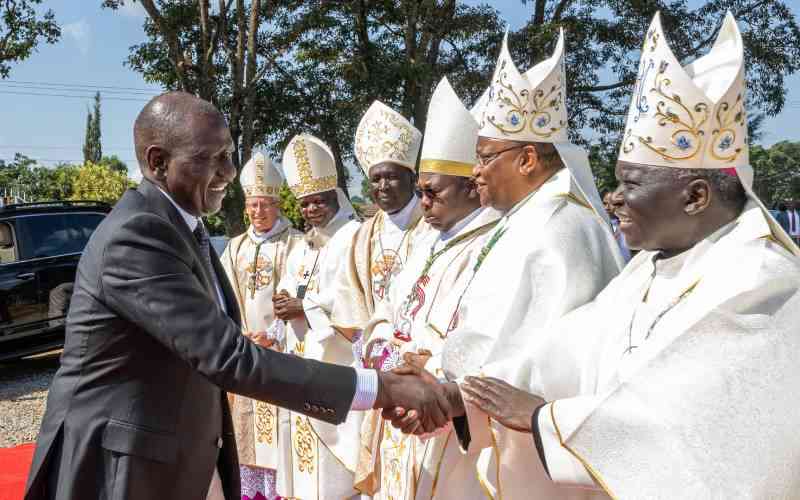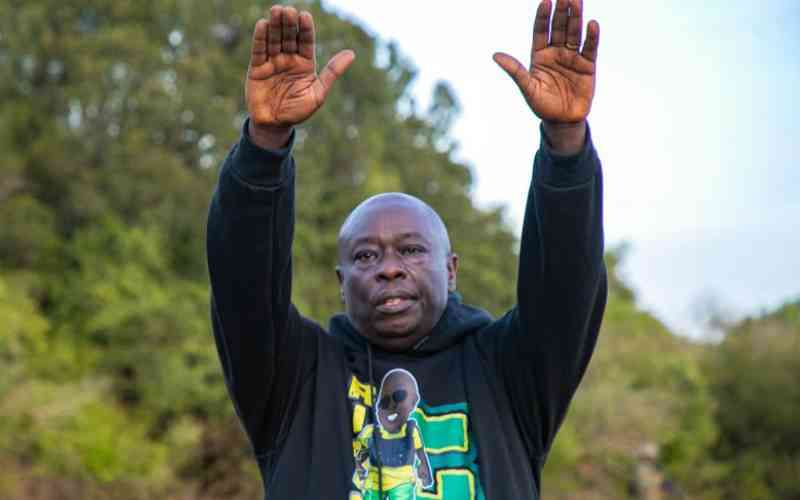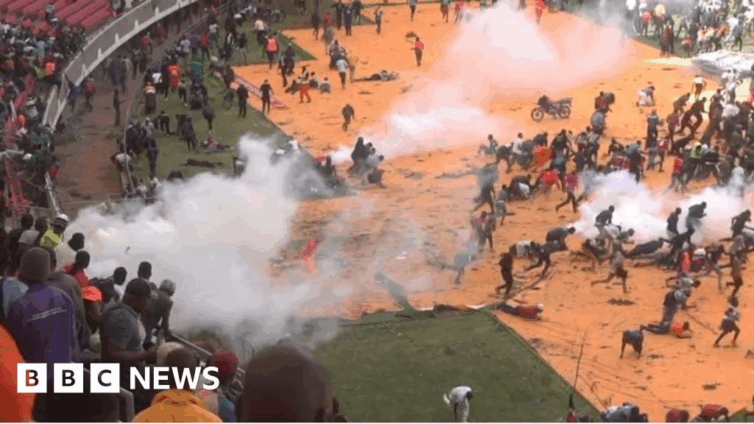Moroccan Rappers Ignite Gen Z Protests, Music Becomes a Voice of Dissent
In late September 2025, Moroccan youth initiated widespread protests, primarily demanding better health and education services. These demonstrations, organized online by a decentralized internet group called Gen Z 212 through platforms like Discord, Instagram, and Facebook, quickly escalated after police responded with disproportionate force. A week of nightly confrontations culminated in nationwide riots and tragically led to the deaths of three protestors in Leqliaa.
A notable and perhaps surprising aspect of these 21st-century, highly online, and anonymous protests was the prominent role assumed by Moroccan rap artists. The country boasts a rich history of socially conscious rap, with artists frequently voicing the concerns of its urban poor. In the absence of traditional leaders for the September protests, established figures like Stormy, Draganov, and ElGrandeToto, alongside rising stars such as L'Morphine and Kira7, became unofficial spokesmen for the movement, leveraging their substantial influence and global recognition in Arabic-language music.
Moroccan hip-hop, characterized by its dark, moody beats and a lyrical focus on poverty, unemployment, and the complexities of migration, has long served as a mirror to the frustrations of young people. Rappers fluidly blend Arabic, French, English, Spanish, and Tamazight, showcasing both their deep attachment to their homeland and their aspirations abroad. Artists such as Casablanca's Dizzy Dros, in his 2023 hit "M3a L3echrane," articulated a profound disillusionment with the government, contrasting it with divine and parental approval. Weeks before the protests, Hamza Raid's "Chabab" on International Youth Day questioned the absence of youth and national wealth, echoing the regional protest slogan "Dignity, Justice, Freedom" (Karama, Adela, Houria).
The protests were ignited by widespread discontent over the government's lavish spending on projects like World Cup stadiums and tourism, while essential services such as schools and hospitals suffered. A local demonstration outside the Agadir regional hospital, where eight pregnant women died in August alone, served as a poignant catalyst. Hamza Raid's arrest during the initial weekend of protests amplified the movement, turning him into a cause célèbre under the hashtag #FreeKoulchi.
As videos of arbitrary arrests and police brutality circulated online, prominent rappers publicly lent their support. This included Don Bigg, a veteran of Moroccan rap who had previously disavowed the 2011 Arab Spring protests, and Khtek, a young female artist making her mark in a male-dominated field. Their stances, taken in the face of mass arrests and potential professional risks, underscored the urgency of the moment. Don Bigg critically addressed the failing education and health systems, advocating for the youth's right to peaceful demonstration. ElGrandeToto demonstrated solidarity by canceling a concert and announcing a boycott of future shows until national issues were resolved.
Protest songs emerged, with Dada's "MGHRIBI KA33I" powerfully decrying the failing hospital system in Agadir. Rappers like Vargas challenged the state's selective tolerance of speech, questioning why discussions about Palestine were permitted while domestic demands were suppressed. SmallX eloquently sought to explain the shift towards rioting, portraying the participants as "men of the people" (oulad chaab) who felt forgotten and unheard, advocating for understanding over judgment while still preferring peaceful means.
However, as protests turned violent with instances of property destruction, a counter-narrative emerged, exploited by some artists to blame protestors. Don Bigg reposted images of looting, condemning such acts as detrimental to the movement's objectives. Casablanca rapper 7liwa controversially used racialized language to describe protestors, suggesting they had devolved into undisciplined mobs. This framing contributed to a strategic pause announced by Gen Z organizers, while the government planned reforms to placate public anger.
Despite the challenges, the viral online debate surrounding these events highlights how rap music has effectively supplanted traditional media and political parties in mobilizing young people and articulating Moroccan nationalism. The inclusion of rappers like Khtek, Raid, and Dizzy Dros among the signatories of an open letter to the king, calling for constitutional reform, further solidified their role. In this unfolding "war of words," Moroccan rappers demonstrate significant influence and hold a critical voice in shaping the nation's discourse.
You may also like...
The End of Minimalism: Why We’re Choosing Meaning Over Aesthetic
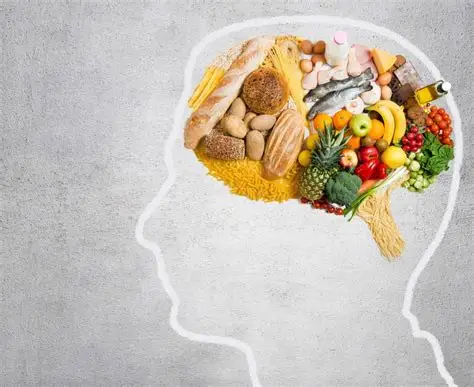
A cultural shift is redefining modern living: Minimalism is fading, and “Meaningism” is rising, a movement that values c...
Sleep Deprivation: Africa’s Most Overlooked Health Epidemic
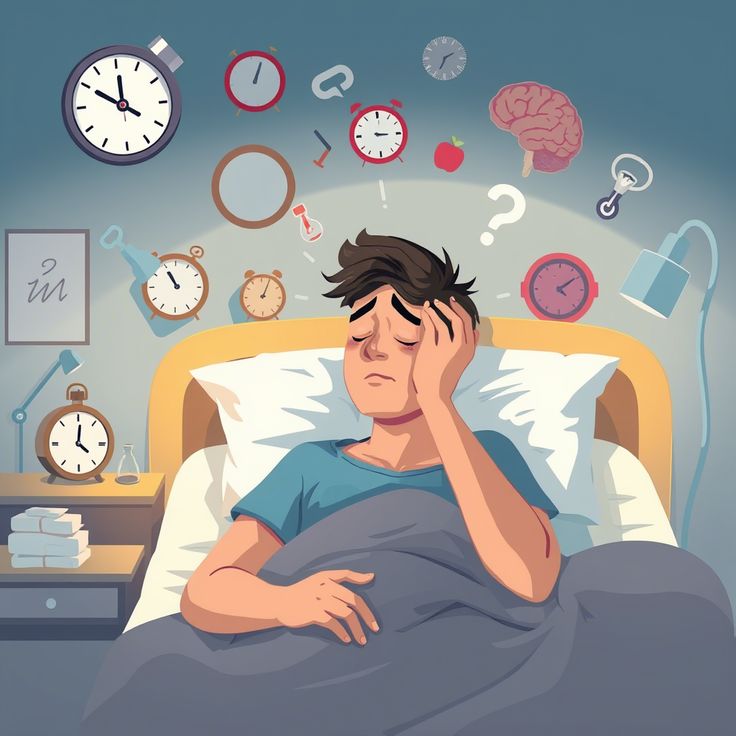
Sleep deprivation is quietly sweeping across Africa, undermining health, productivity and well-being. Different lifesty...
The Next Big Discovery Might Be Growing in Someone’s Backyard
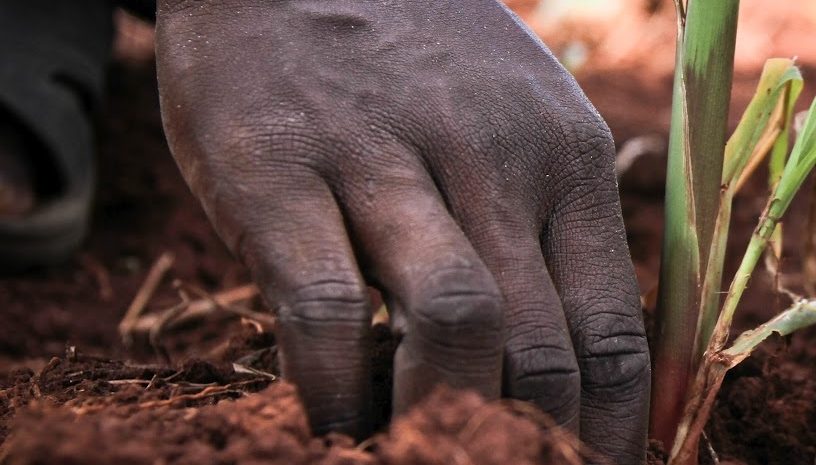
Hidden in gardens, local farms, and village backyards across Africa and beyond, the next major scientific breakthroughs ...
The Grand Egyptian Museum: Re-Engineered History of Africa.
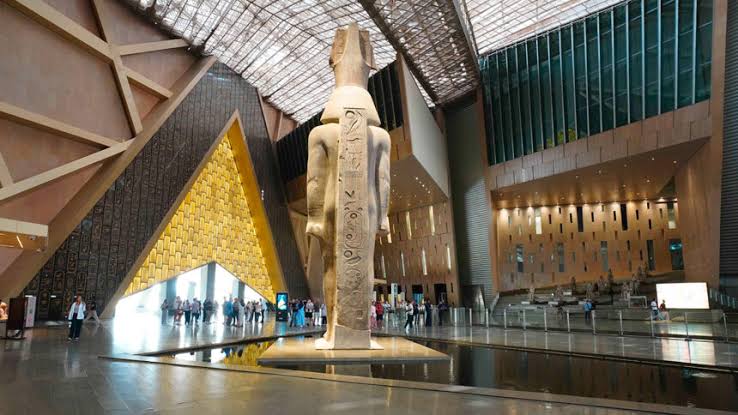
2002 was the genesis of a dream. Egypt opens its Grand Museum in 4days.
NanoFilter: The Tanzanian Invention Turning Dirty Water into Life

Read on how Dr. Askwar Hilonga’s NanoFilter, a Tanzanian nanotech invention, is transforming access to safe drinking w...
The Myth of the Strong African Mother
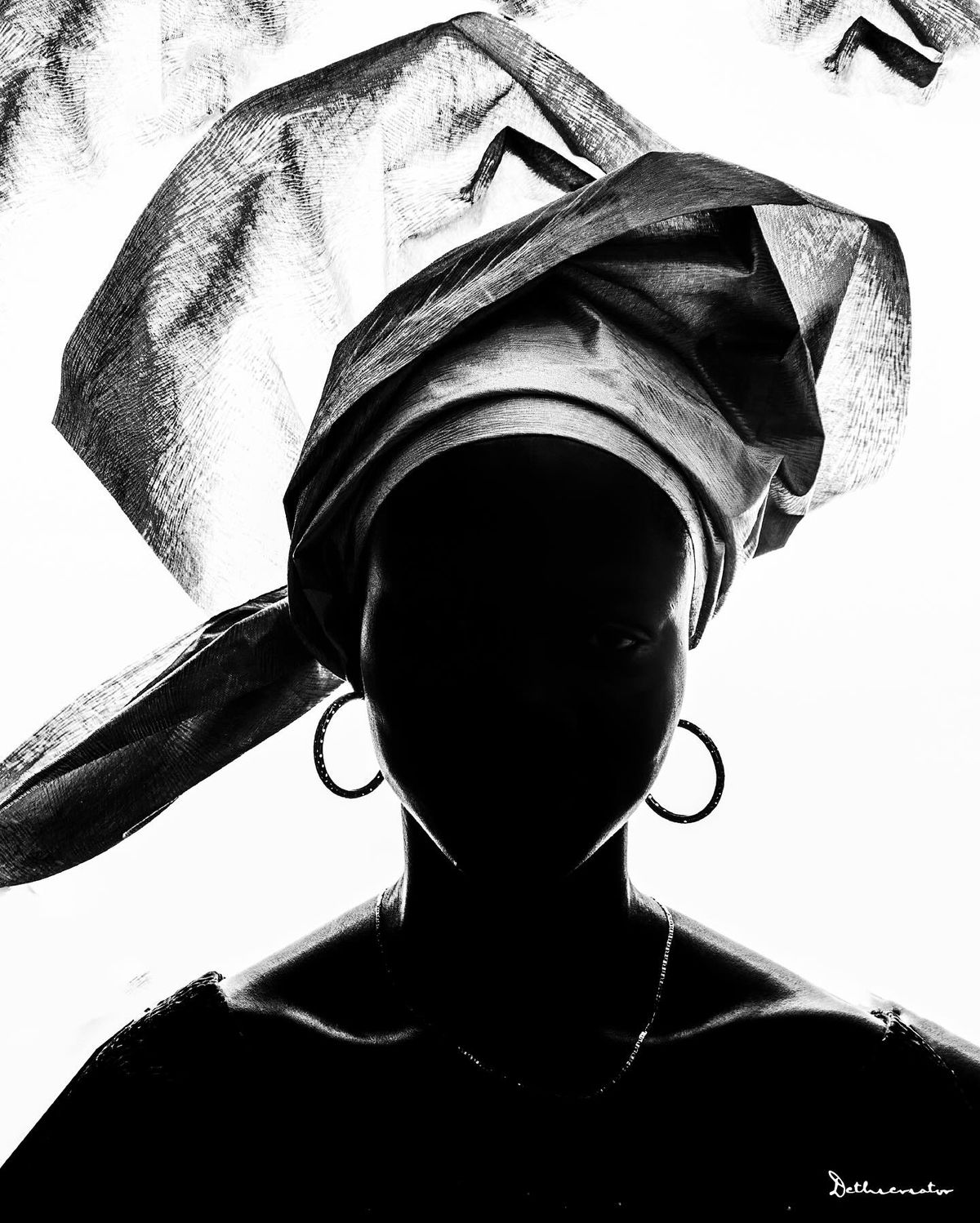
Parenting burnout is becoming an unspoken crisis among African mothers. The pressures of motherhood, cultural expectatio...
The African Dream vs. the American Dream: What Success Means to a New Generation
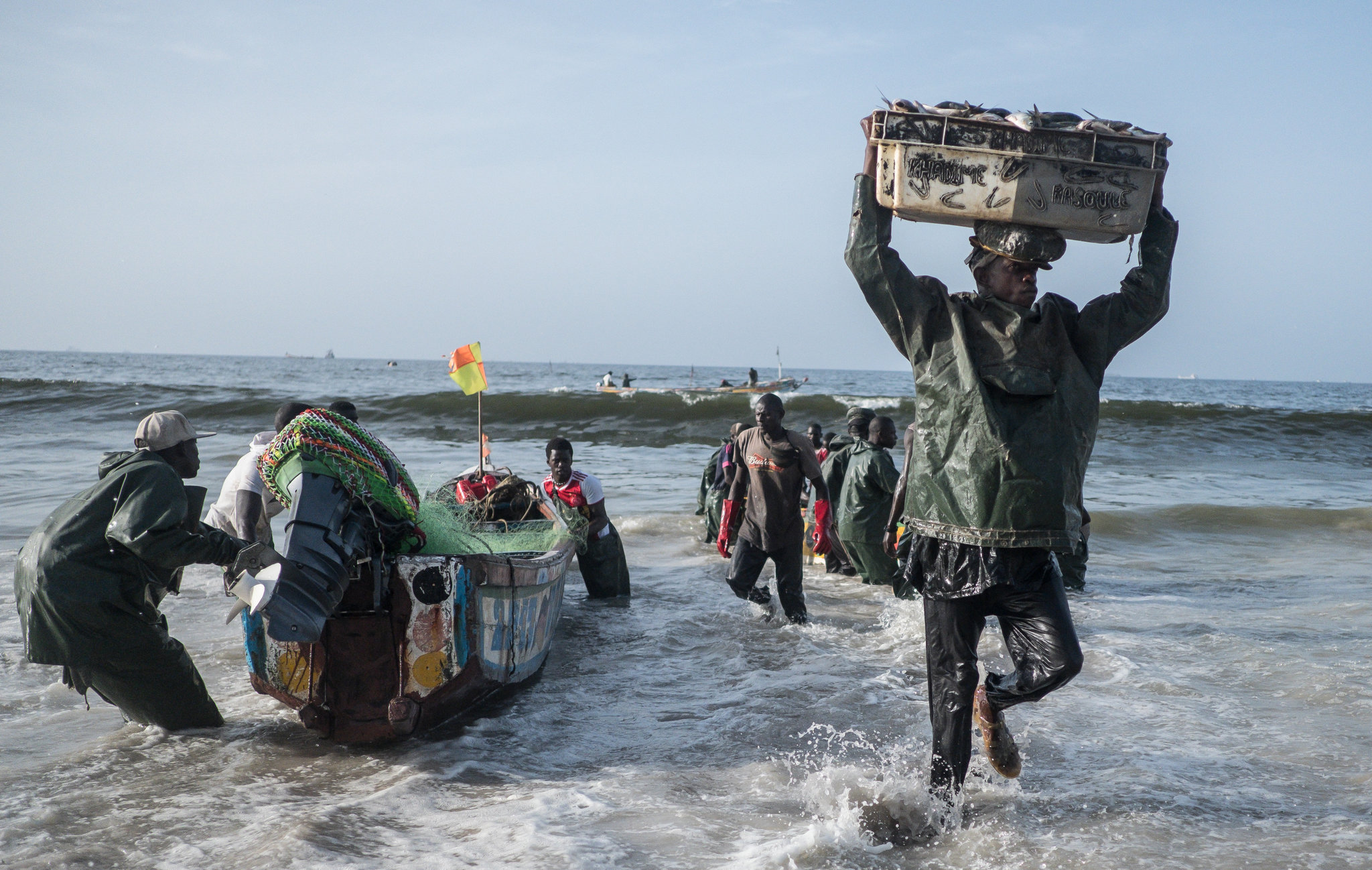
A new generation of Africans is redefining success, turning away from the “American Dream” toward something more local, ...
The National Assembly Approves the Creation of Six new States
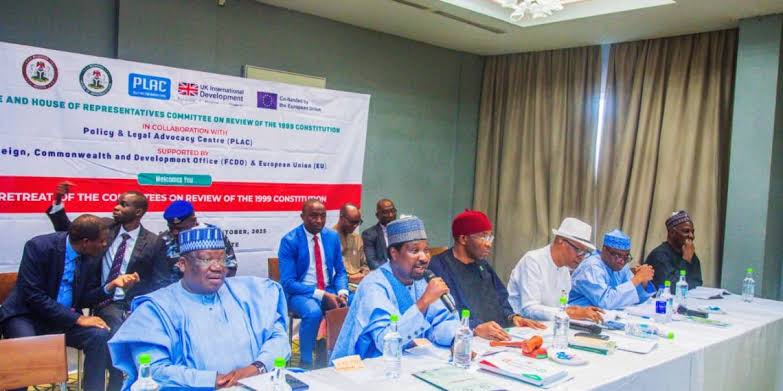
The National Assembly for the first time since the fourth republic started has approved the creation of six new states. ...
